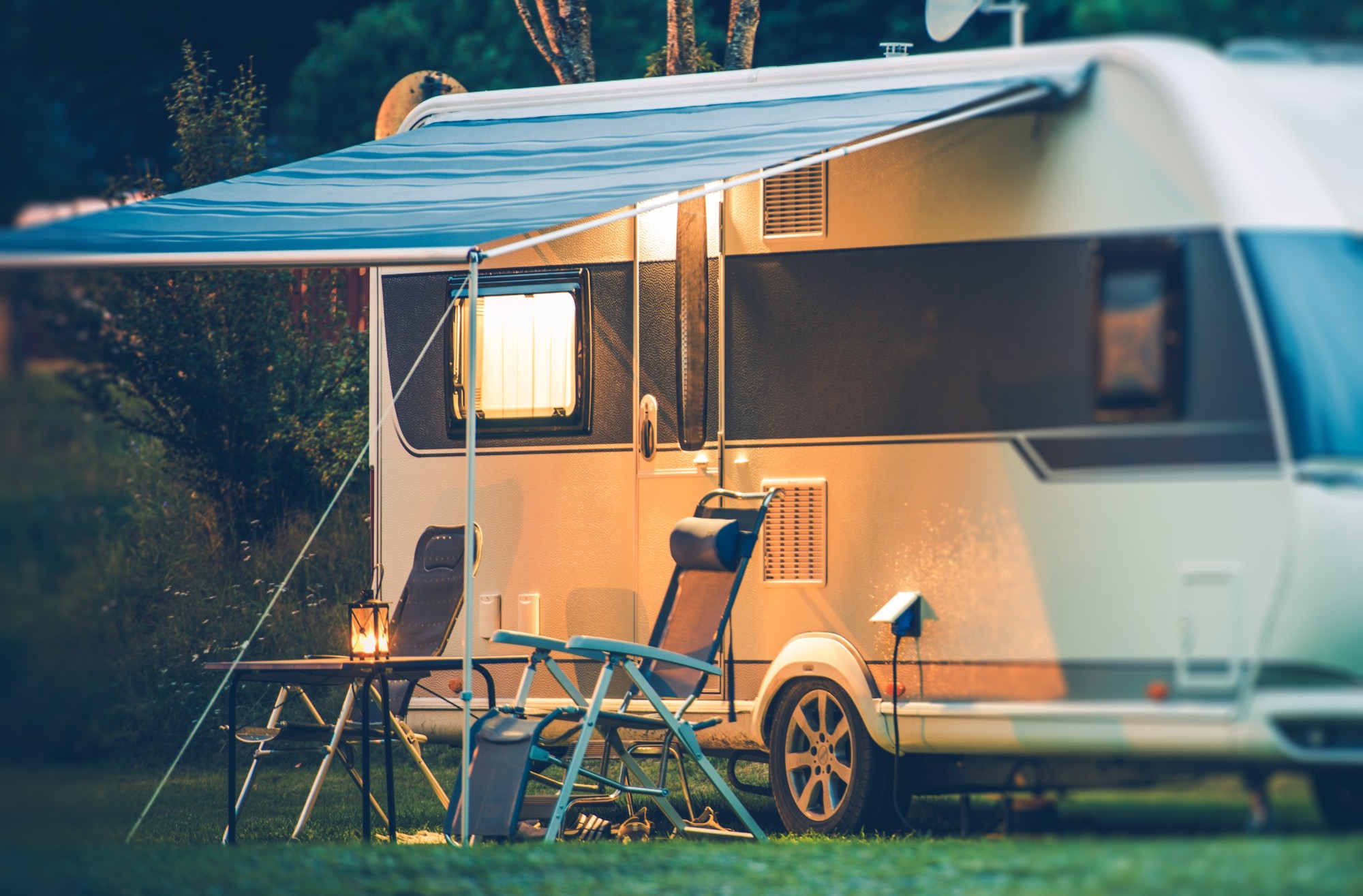
Buying an RV is only the first step in keeping it in top shape year after year. Depending on the terrain you travel through and the weather conditions you experience, your travel trailer maintenance will vary, but it will always be necessary.
As with any vehicle, you will need to make sure your tires, batteries, fluids, and brakes work, but what other things do you need to consider? Whether you’re traveling in a new, Cougar travel trailer or another exceptional model, proper maintenance can help you avoid costly repairs and replacements for as long as possible.
5 Travel Trailer Maintenance Tips
Keeping your travel trailer in shape goes beyond the regular maintenance of your tires, fluids, and other standard auto mechanic procedures. Keeping your travel trailer in top shape season after season requires a few extra checks on your end that should be monitored regularly.
1. Seams and Seals
Leaks from your roof or around your AC systems, skylights, and fans is something no RV owner wants. Broken, cracked, and peeling seams and seals can leave you with mildew, water damage, and further issues to your interior.
Taking the time to check your seams and seals is something you should check monthly or at a frequency that works best in your climate. You can then purchase RV specific sealants to keep things watertight and ready for any weather.
2. Slides
Your travel trailer slides are crucial to keeping your living space open and functional when you’re on a camping adventure. Unfortunately, slides are one of the most common repairs needed if they aren’t properly maintained. With a little regular maintenance and proper usage, your slides should be in top shape season after season.
3. Awnings
Awnings are a delicate but essential piece of your RV that should be put away anytime you’re not using them and adequately cleaned and dried before long term storage to avoid mildew and mold buildup. Regular awning maintenance can help you find and fix tears and debris that could cause more significant issues down the road beyond everyday wear and tear.
4. Waste Water System
Any RV owner who has ever had an issue with their wastewater systems can attest to how crucial it is to maintain your grey and black water systems properly. You should regularly flush your systems and use chemicals designed to reduce clogs, keep the system operating correctly, and prevent valve seizing.
5. Electrical Connections
Having a strong connection between your travel trailer and tow vehicle will help you travel safely while in transit. You should always check your brake lights to ensure that when you press the brake pedal or turn on a blinker in the towing vehicle, the right reaction happens in your travel trailer. A strong connection will charge your RV batteries while you’re driving and result in all necessary lighting working as required.
How to Create a Travel Trailer Maintenance Schedule
Learning how to create a travel trailer maintenance schedule could be the difference between a small fix and a significant expense. Depending on your travel trailer’s age and condition, where and what time of year you travel, and your experience level with maintenance, you should edit your maintenance schedule to suit your needs.
Identify and create a maintenance schedule that works for your lifestyle and meets your travel trailer’s needs. For more information about automotive care, maintenance, and the latest tech, check out these other informative articles on our blog.